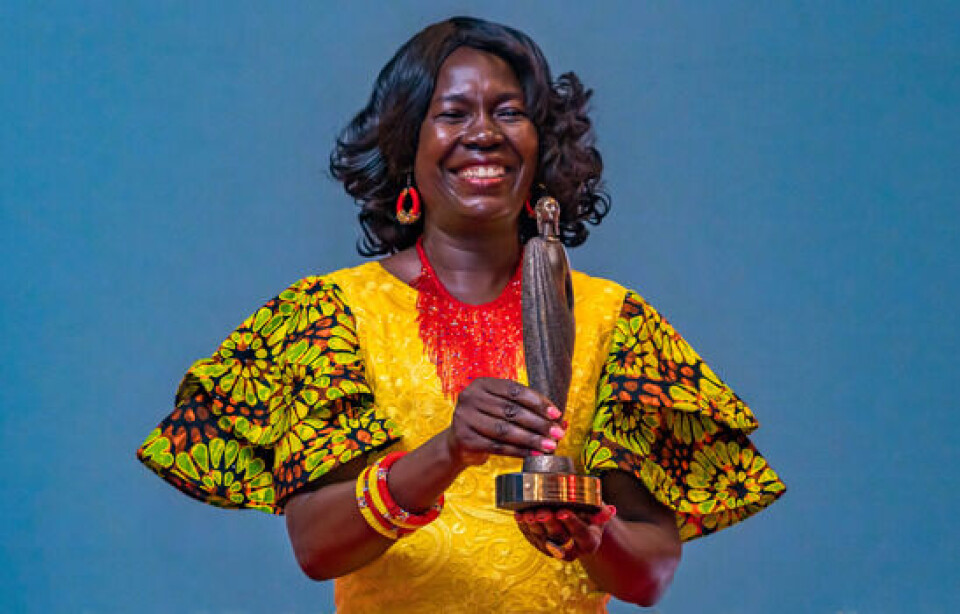In partnership with Equality Now, the Solidarity for African’s Women’s Rights (SOAWR) Coalition honoured a group of remarkable women at the 20 for 20 Solidarity Awards held recently to mark the 20th Anniversary of the Protocol to the African Charter on Human and Peoples’ Rights on the Rights of Women in Africa (Maputo Protocol). Josephine Chandiru Drama won the award in the Normative Change category.
Chandiru Drama has campaigned for more than a decade to have South Sudan ratify the Maputo Protocol, an international human rights instrument established by the African Union. Her sterling efforts, through her organisation Stewardwomen, paid off when South Sudan became the newest member to ratify the Protocol in June 2023. Chandiru Drama is now actively involved with the technical team working on its implementation and domestication.
Caught between two wars – the civil war and the fight to champion equal opportunity and human rights for women and children – Chandiru Drama, a lawyer by profession, has been challenging societal norms since she was a teenager.
She recalls audaciously telling her father to take back the dowry he had paid for her mother, and for her mother to leave the marriage because she was unhappy. In response, her parents chastised her for being “disrespectful" and her father punished her by withholding her study fees which, after a long gap, he resumed paying.
“I knew that I needed to fight for women’s rights,” Chandiru Drama emphasised, noting that there were no provisions in her country’s laws to protect women in abusive marriages.
In 2012 Chandiru Drama joined StewardWomen, through which she canvassed support for the provision of access to justice for women and girls, to foster equal economic opportunities, and secure human rights for women and children.
Armed with her legal qualifications, she saw the opportunity that the Protocol presented in raising awareness of women’s rights, and in 2012 she made recommendations for its ratification by ensuring capacity building for judges and lawyers who were using this document to handle cases involving women and girls.
The journey to ratifying and depositing the Protocol was a long and arduous one, interrupted by bureaucracy, a change in government, and funding – one of the challenges that still remains. The provision of access to justice receives only one per cent of South Sudan’s funding, she said.
“The less support we provide for survivors, the less they report and also appreciate the provision of these legal services to them. The cultural norms still override the statutory provisions and the law, and this is also partly because we implement the local justice system,” she said, adding, “there’s a big conflict between customary law and statutory law.”
Due to limited statutory courts, survivors report their cases to traditional authorities who most often decide against the survivors or victims, explained Chandiru Drama.
However, when it’s financially viable, StewardWomen organises mobile courts in locations where there are no statutory courts, so that there is access to the judiciary.
While it may seem that the road to success (achieving equality and respecting women’s rights) is a long one, Chandiru Drama says it can be shortened by one's determination and the right allies.
“As long as we remain determined, however long it takes for us, we will get there. Even if our time passes away, we will use those that we are mentoring to continue with the spirit of determination,” she said.
To join Africa Legal's mailing list please click here

